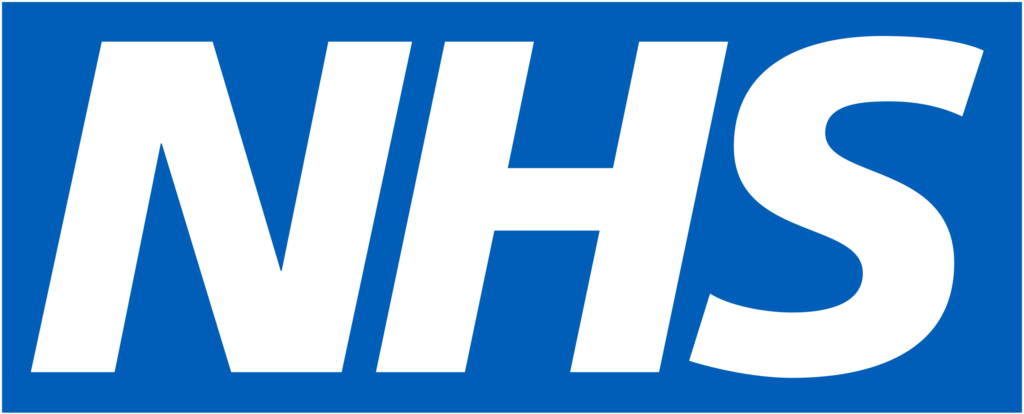Job Title
General Practitioner (GP)
Is your role clinical or non-clinical?
Clinical
When you were at school, did you want to join the NHS?
At first, I wanted to be a teacher, but by the time I was doing my A-Levels, I knew I wanted to be a Doctor.
How did you come to work in the NHS?
I attended Medical School in Southampton straight after finishing my A-Levels. After finishing Medical School, I worked for two years in Salisbury Hospital as a Foundation Doctor. I then took a year out to work as a doctor in New Zealand and do some travelling. On returning to England, I started my GP training back in Salisbury and then moved to the Hampshire area and have remained there since I qualified. I see and treat patients in the community who have acute and chronic illnesses and have an active role in health prevention.
What do you love about your job?
I love building relationships with my patients and my fantastic colleagues. I also love that I see a variety of different illnesses each day
What is challenging about your role?
Being a GP can be very busy, there is a high demand of patients who need our help. Sometimes, we are limited by what we can do, either due to funding, needing hospital input or there simply isn’t a cure, which can be frustrating both for us as health care professionals and the patients.
Which colleagues support you in your role?
I rely on so many colleagues to make my job possible. Receptionists help direct patients to the most appropriate health care professional who can help them. This means that patients can see the best health care professional for them for that problem first time. Health Care Assistants perform a variety of roles including taking blood tests and doing other measurements and investigations like blood pressure and ECGs. The results of these help me to build a picture of what may be going on for the patient.
There are many more colleagues that support me such as Nurses with their specialist knowledge to help patients, Secretaries who ensure communication between professionals and patients runs smoothly, the Prescription and Dispensing teams who oversee medication requests. There are so many more colleagues who support me, the list goes on and on.
Is there career progression in your role and how would you get there?
Once you are a GP, there are so many different things you can do other than routine clinics. You can become a GP with a specialist interest (for example in skin, women’s health, joint injections etc) these often do require additional qualifications or courses. You can also become involved in teaching, this could be medical students, trainee doctors, doctors or other health professionals. There are roles in research, in management, in NHS England and many more depending on your interests.
What would you say to a young person thinking of joining the NHS?
I would say GO FOR IT! The NHS has a job that would suit every personality in clinical and non-clinical roles, from play therapists, IT specialists, NHS Radio DJs to lab technicians, and in every department the staff are all incredible.

